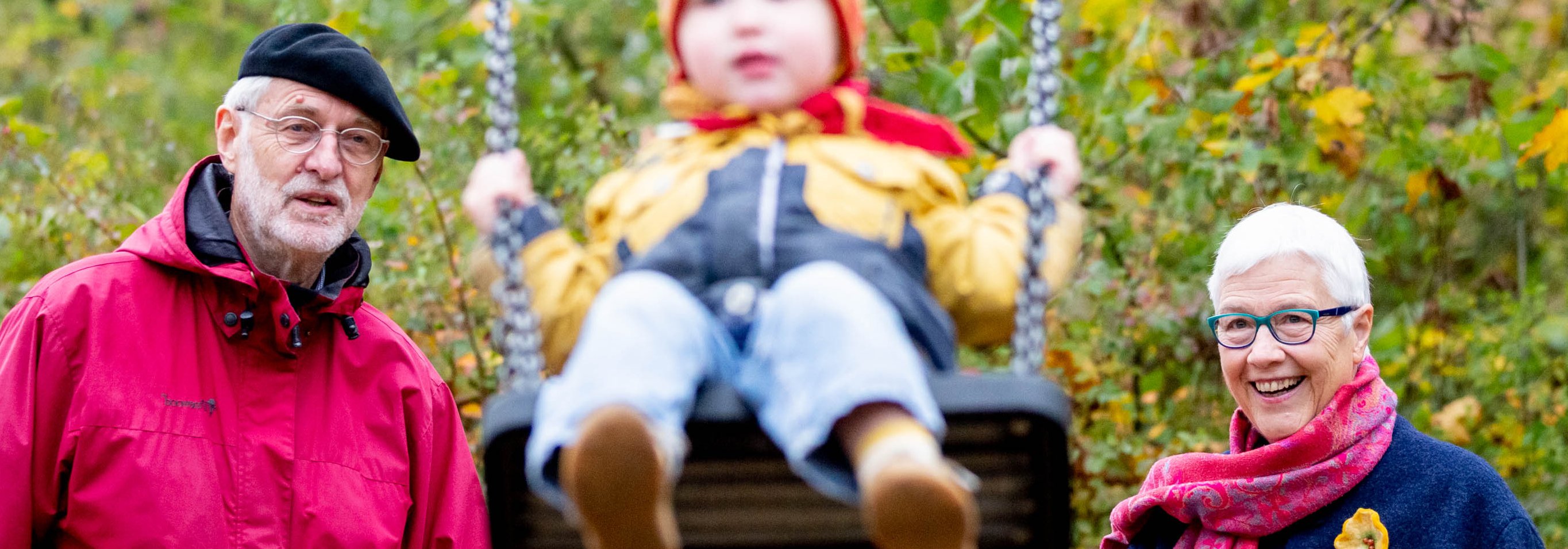But that's not all: in the winter of 2020/21, men returned to their pre-pandemic level of partnership quality more frequently than women. While 95.0 percent of men viewed their own partnership positively again in winter 2020/21, only 90.7 percent of women came to a good or very good partnership assessment by this time.
A tendency towards re-traditionalisation of gender roles – which was often discussed in connection with the Covid-19 pandemic – could explain the unequal development among men and women. The increased need for care work, due to day-care closures and temporary restrictions to inpatient and outpatient care, was fulfilled more by women than by men. This may also have contributed to increasing gender differences in perceived partnership quality that went beyond the initial pandemic shock.
Considering that satisfying partnerships are a significant source of health and well-being, these findings provide important clues to the importance of an equal distribution of care work in couple relationships and families – in general but also in times of crisis.
The detailed results can be found in:
Wünsche, J., Hameister, N., & Huxhold, O. (2023). Partnership quality in the Covid-19 pandemic: People in the second half of life are adaptable in their couple relationships [DZA Aktuell 01/2023]. Berlin: German Centre of Gerontology.
The German Ageing Survey (DEAS) is a representative cross-sectional and longitudinal survey of people in the second half of life. Within the framework of the study, people have been regularly surveyed for more than two decades as they move into old age. The German Ageing Survey is funded by the Federal Ministry for Family Affairs, Senior Citizens, Women and Youth (BMFSFJ).
